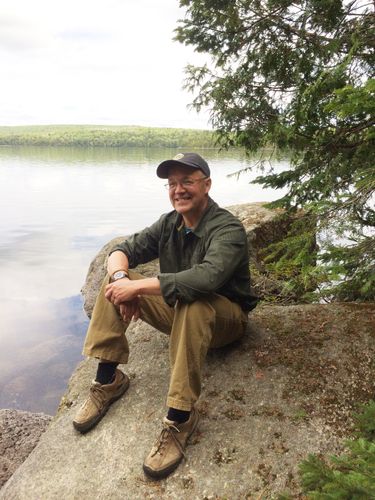If the novel coronavirus crisis has taught us nothing else, it’s the value of public lands and outdoor recreation opportunities.
Seeking the balm of the great outdoors, the American people are spilling out onto public roads, trails, forests and parks in great numbers while trying to maintain social distance.
According to a West Virginia University researcher, however, national parks and forests are consistently challenged to provide sustainable recreation experiences while adapting to increased public demand.
“Outdoor recreation is the most immediate way people connect with public lands; it is so important,” said Steve Selin, professor of recreation, parks and tourism resources in the Davis College of Agriculture, Natural Resources and Design. “Societal trends and new technologies have changed how people interact with public lands; however, public land management has not kept up with the rapid social change.”
A leader on a national initiative to strengthen public lands recreation research and management, Selin is editor of a timely publication that takes an expansive look at current recreation issues and outlines research opportunities that could help managers better connect users to meaningful outdoor experiences.
“Igniting the Science of Outdoor Recreation is a challenge, a provocation and suggested direction for all those who want to advance the science and art of sustainable outdoor recreation and tourism on our public lands,” he said. “It amounts to a collective national vision for outdoor recreation management and research.”
Published by the U.S. Forest Service Pacific Northwest Station, the report offers a set of 17 papers addressing how changing demands are straining recreation infrastructure, access and resources.
The publication and collaborative process that led to it will help federal agencies like the Forest Service and National Park Service with relevant science direction and best management practices to help them keep pace with social changes.
“The kinds of recreation the public wants are more diverse than when previous recreation strategies were developed,” Selin said. “By improving understanding of changing public needs, we can be more relevant. And the American public will benefit as these federal agencies prioritize managed outdoor recreation settings and experiences.”
To read the publication, download it from the U.S. Forest Service website.